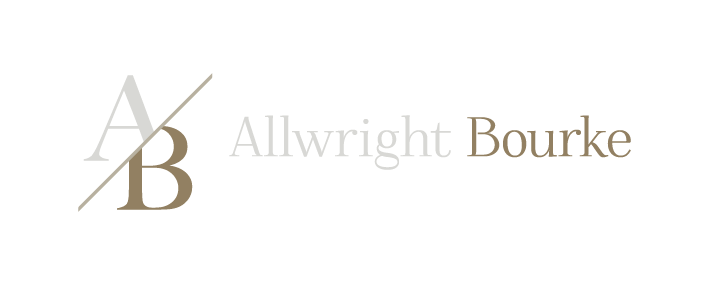Pre-Purchase Property Inspections & Reports
What Every Buyer in NSW Needs to Know before you buy
Before you buy a property in NSW, you need to do more than just fall in love with its location or layout — you need to do your homework. Pre-purchase inspections are a critical step in the buying process. They help you uncover hidden problems, protect your finances, and give you the confidence to proceed with your offer (or walk away if needed).
Remember, if you are buying at property at Auction then you need to do all these inspections and checks before you bid. If you are making offers by private treaty, you need to do all these inspections before exchange or before the cooling off period expires.
At Allwright Bourke, we help buyers understand what to check before signing a contract or bidding at auction. Here’s what you need to know about the key property inspections in NSW. Some of the key searches and reports are in the Contract ( such as the Title Search and Council 10.7 Zoning and Planning Certificate) , but there are other searches and reports that you might want to consider obtaining before sign the Contract
Building and Pest Inspection (For Houses and Freestanding Properties)
A building and pest inspection is a visual assessment conducted by a licensed professional. It identifies structural issues, safety hazards, and signs of pest damage — especially from termites, which are a major risk in many parts of NSW.
This report covers:
Structural integrity (roof, walls, foundations)
Moisture problems (which may indicate leaks or rot)
Termite activity or past damage
Compliance issues with building codes
Why it matters: Some issues, like minor cracking, may not be serious. But others, such as active termite infestation or roof sagging, could result in costly repairs and affect your decision to proceed. Having this report gives you negotiation power — or the ability to walk away before contracts are binding.
Strata Inspection Report (For Units, Townhouses, and Villas)
If you’re buying into a strata scheme, a strata report provides insight into the financial and legal health of the building and owners’ corporation.
A strata report typically includes:
The strata scheme’s current financial position
Records of recent or upcoming repairs and maintenance
Special levies or fee increases
Disputes or legal proceedings
Building insurance and compliance information
Why it matters: A beautifully presented unit may hide a building with poor maintenance or major capital works on the horizon. The strata report helps you make an informed decision — and avoid being stuck with unexpected costs.
Optional Inspections and Searches
Depending on the property and its location, you may also consider:
Survey report – confirms boundaries, structures, and easements. This is especially important if there are not fences on the property or when buying rural land as the boundary fences are not always an accurate reflect of the lot of land.
Personal Property Security Report (PPSR)– Sometimes a Vendor or creditors may have secured a debt against the property ( such as they have purchased a vehicle and secured it against the real property). This may not appear on the property title search, but would be listed on the PPSR. We can do this additional search. It is often recommended if you are buying a commercial property or if the Vendor is a company – but can be done for any purchase.
Council Outstanding Notices Certificate
Electrical or plumbing inspections – for older homes or rural properties. Whilst the building inspection checks for the building integrity, you might also wish to properly check the electrical and plumbing of the property by getting a professional to do an inspection.
Check Council Records – With permission from the Vendor, you can arrange to inspect the local Council records for the property to check that all the buildings have building approval. Check the council plans for the building to compare and see if there are any structures on the property that might not have council approval ( we highly recommend that all purchaser’s do this).
Your conveyancer can advise on what inspections are essential based on the contract and property type.
When Should You Get Inspections?
For private treaty purchases, we recommend that such reports are done before you sign and exchange the contract or before the expiry of the cooling-off period.
For auctions, inspections must be completed before auction day, as there’s no cooling-off period.
Tip: Don’t wait. If inspections reveal major defects, it could save you thousands — or help you renegotiate the price.
Do Your Due Diligence Before You Commit
Property inspections are not a formality — they’re your front-line defence against bad investments. At Allwright Bourke, we ensure our clients understand their inspection reports and know how to use the findings to their advantage.
When we meet with you we will outline the essential searches and reports that should be obtained and also give you the option to do other searches. We want you to be informed and have as much detail about the property before your commit to buying!
Tips on things you can check yourself?
- When you inspect the property turn all the electrical appliances on. Turn the oven and stove on. Check the air con, heater and ceiling fans work. Take a phone charger and check the power points work. Turn on the taps. Don’t be afraid to really get in and check everything is working.
- If you a buying in a flood prone/ bushfire prone zone – do your research about how bad and often floods or fires have occurred in the area so you can make a risk assessment ( and research the insurance implications).
Thinking of buying property in NSW? Get in touch with us today at admin@allwrightbourke.com.au for expert support from contract to settlement
